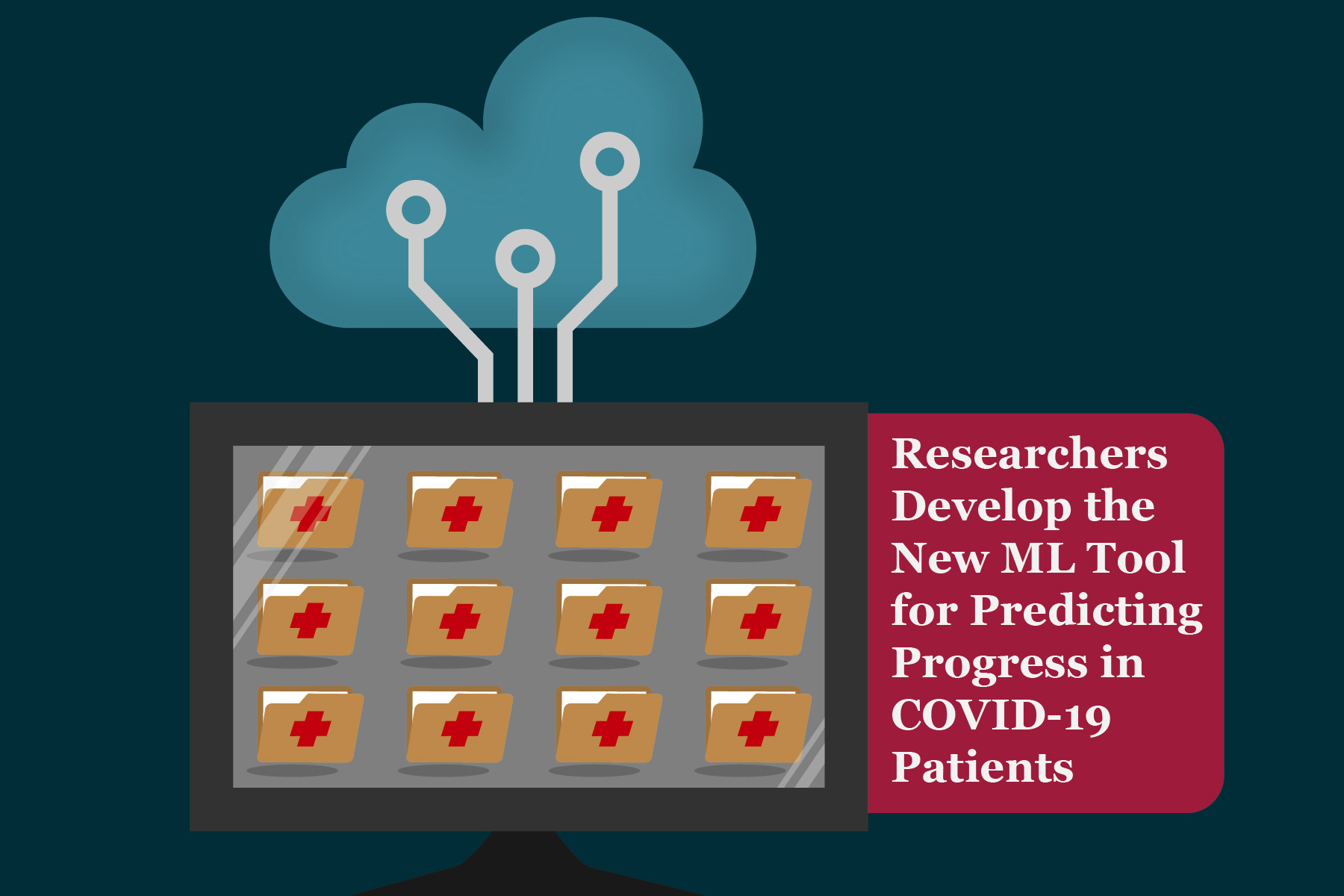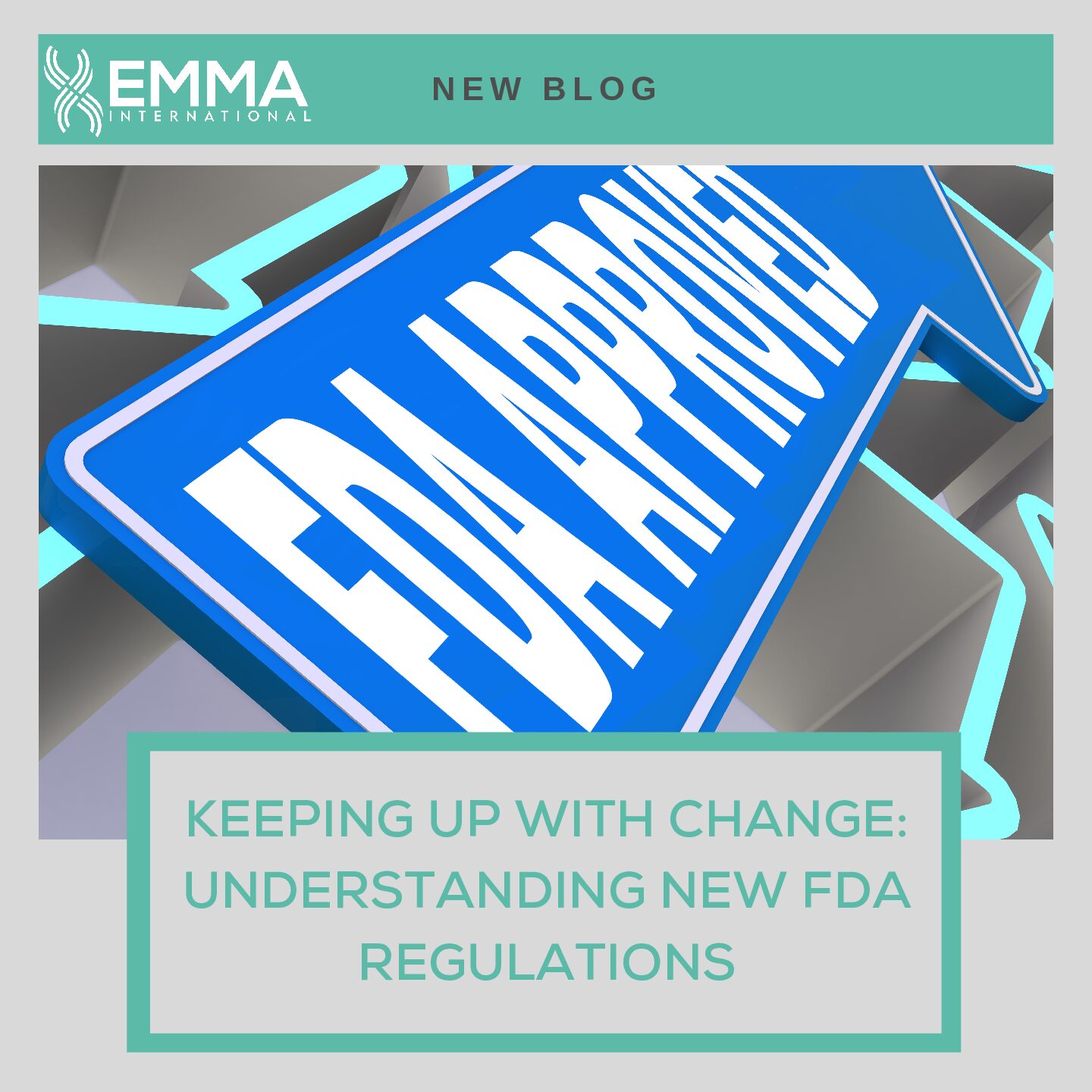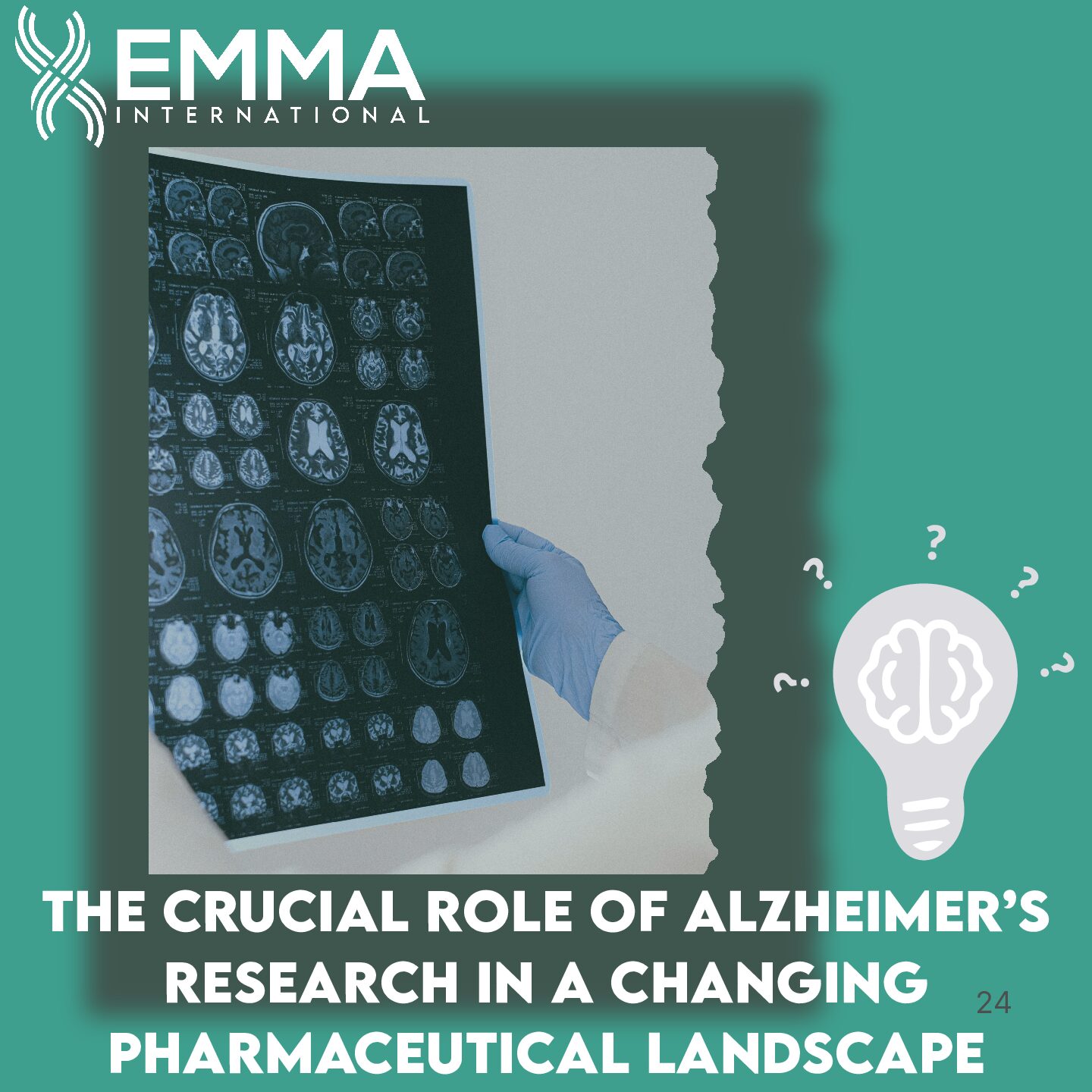In the current Digital Age, we hear the term Machine Learning (ML) in almost every domain. But what exactly is ML? Simply, ML is a way of providing computers the ability to learn, improve and solve human problems. ML is indeed one of my favorite topics to research, and while browsing through the latest tech-news, I stumbled upon interesting research work related to ML and COVID-19.
Presently, COVID-19 is still creating headlines and researchers are working on methods to develop modern ways to prevent, cure, and diagnose the symptoms of coronavirus. While reading through these methodologies, I read about ‘Federated Learning’ (FL). Introduced by Google AI in 2017, FL trains the ML module over millions of devices instead of a single data server.1 Using high-end encryption techniques, the updates from these devices during data learning are aggregated securely to a single Cloud server and using such continuous workflow, these ML tools keep evolving without getting patient data from other organizations mixed up which adheres to the organization and patient data privacy and security.
Using FL, researchers at the Mount Sinai School of Medicine, New York have worked on a tool that predicts the progress of COVID-19 patients. The major purpose of their research was to predict the mortality in COVID-19 patients while analyzing their data within 7 days. For the AI module training, researchers selected the electronic health records (EHR) from five distinct hospitals. The EHR data comprised of current and past patient data with parameters such as the patient age, their SARS-CoV-2 lab results, when the patient was admitted to the hospital, when the patient was shifted to the Intensive Care Unit, their underlying conditions, and the difference between the admit time and the death time of the patient.2
Initially, module training was distinctively completed at these five hospitals and these trained modules were referred to as the “local” sites. Similar training was exhibited using the FL architecture and the results of both ML-trained modules and local sites were compared for effectiveness and accuracy. The AI model with FL architecture outperformed the local ML-trained module and the results of the software tool provided the progress of COVID-19 patients based on their learned input data in the system. 2
Indeed, if the software tool is utilized in the cure, diagnosis, or prevention of a disease, it is deemed as a medical device and it is of utmost importance that the software is thoroughly inspected as the results of the software affect overall patient safety. As I work on software products in the medical device industry, I have learned that it is of utmost importance that these software tools are completely validated. The validation activities include documenting the software requirements and the overall system design or architecture. Also, the validation is constituted by software verification activities such as the unit to system-level testing, with risk assessment activities to identify and mitigate existing risks in the system.
Specific to AI, the FDA released a new action plan for regulating AI-based devices. This plan was released to provide flexibility to AI-engineers as the AI model with data changes frequently. Initially, the FDA intends to release a guidance document that would provide details to specifically regulate AI/ML-based devices. The plan also includes developing novel tools to improve AI algorithms from a regulatory perspective and eliminate bias, which ultimately increases the software’s resilience and trustworthiness. Also, the plan focuses on developing pilots to track real-world performance monitoring for manufacturers to learn how an AI-based module performed and what updates were implemented to maintain the system’s safety, quality, and effectiveness.3
Federated Learning is the future of ML-based medical devices and indeed it provides high-performance based digital services as it uses multiple data servers for training and result computation. But before the software release, manufacturers should ensure that their software tools are validated against current FDA regulations. Surely, at EMMA International, we are eagerly looking forward to further updates from the FDA following the new action plan for AI-based devices. Do you have an AI/ML-based medical device? Our team has experience validating complex software applications that are not only integrated with AI, but also with Cloud, IoT, and Cybersecurity. Also, our quality and software experts can guide you through the FDA regulatory process to ensure your AI/ML-based medical device is FDA compliant. Contact us at 248-987-4497 or info@emmainternational.com for more information.
1Brendan McMahan and Daniel Ramage. Federated Learning: Collaborative Machine Learning without Centralized Training Data. Retrieved on February 3rd, 2021 from https://ai.googleblog.com/2017/04/federated-learning-collaborative.html.
2Vaid, A., Jaladanki, S. K., Xu, J., Teng, S., Kumar, A., Lee, S., … & Glicksberg, B. S. (2021). Federated Learning of Electronic Health Records to Improve Mortality Prediction in Hospitalized Patients With COVID-19: Machine Learning Approach. JMIR medical informatics, 9(1), e24207.
3FDA (January 2021). FDA Releases Artificial Intelligence/Machine Learning Action Plan. Retrieved on February 4th, 2021 from https://www.fda.gov/news-events/press-announcements/fda-releases-artificial-intelligencemachine-learning-action-plan.






